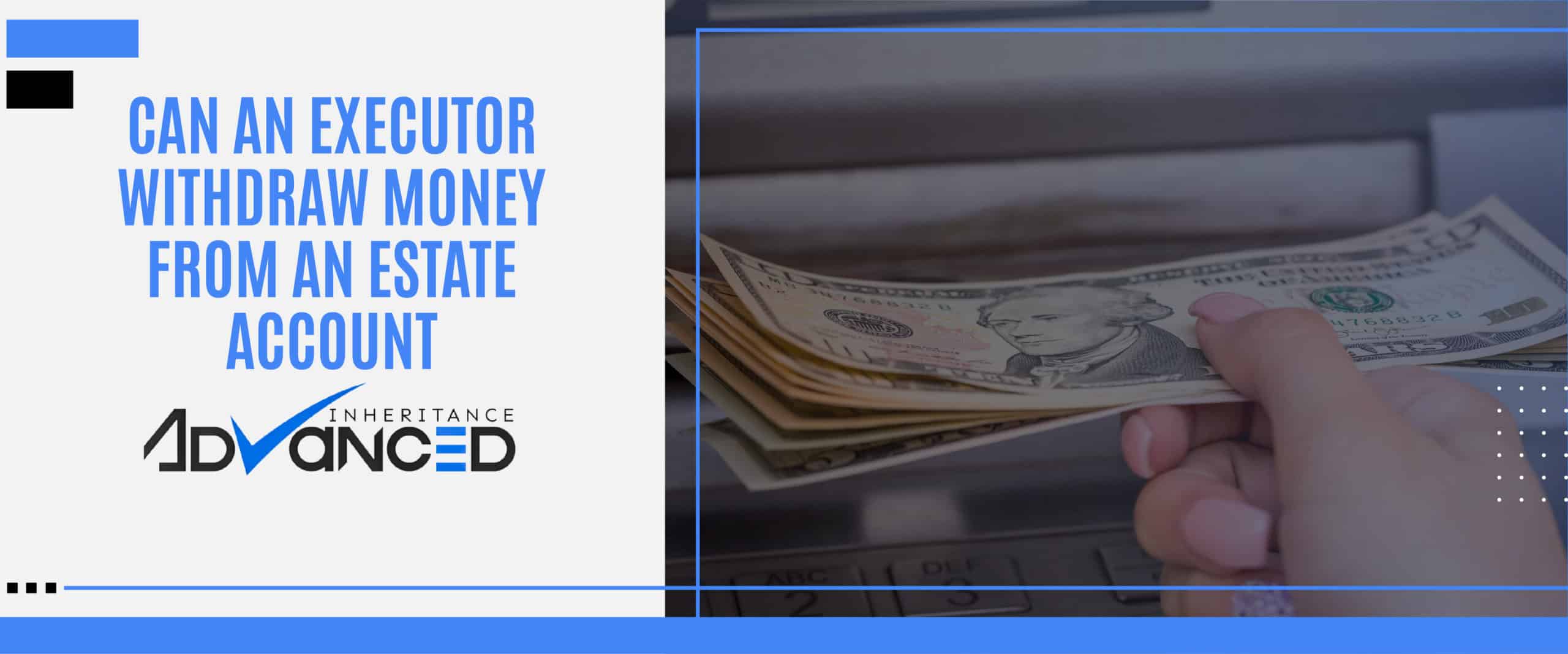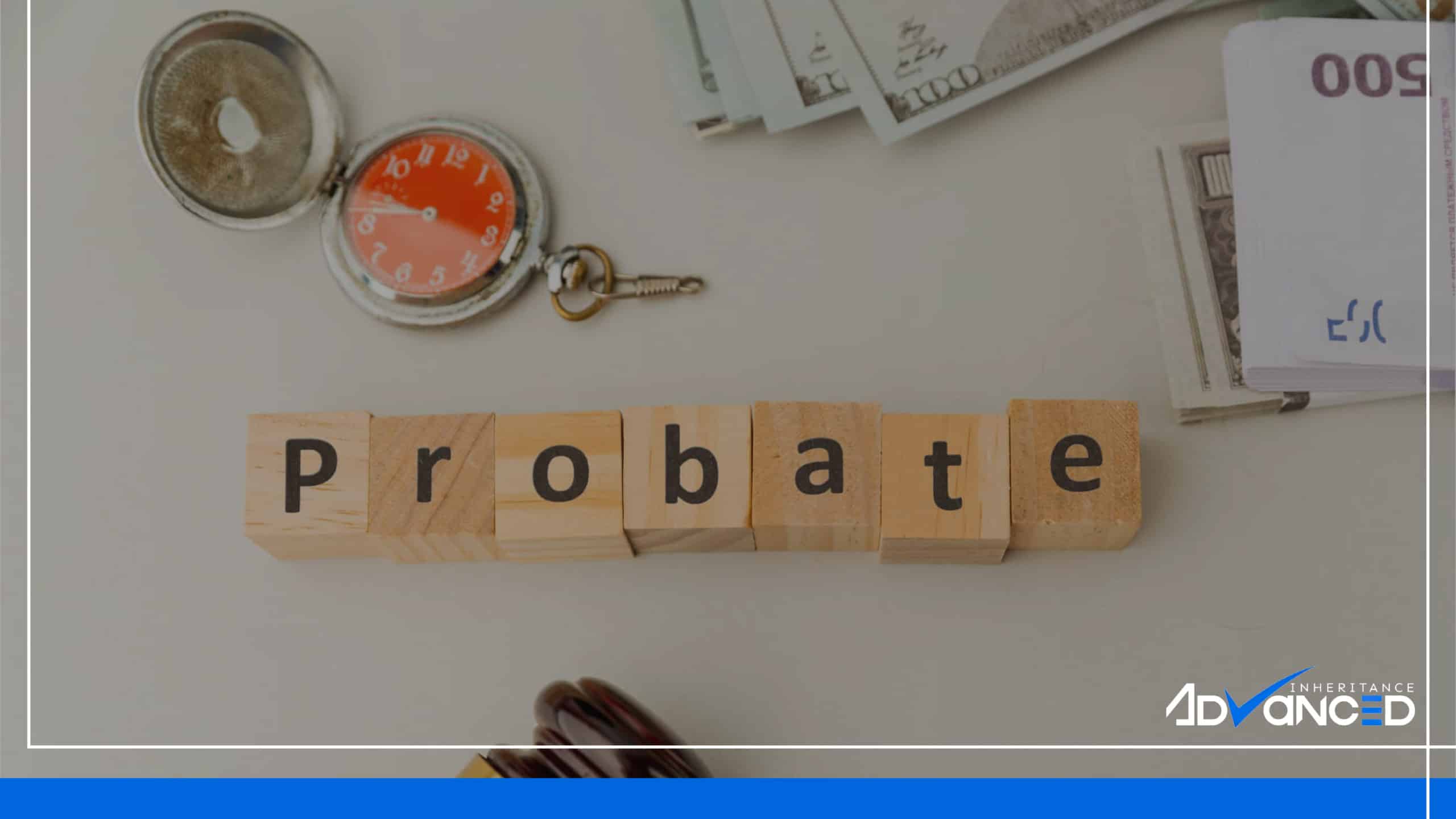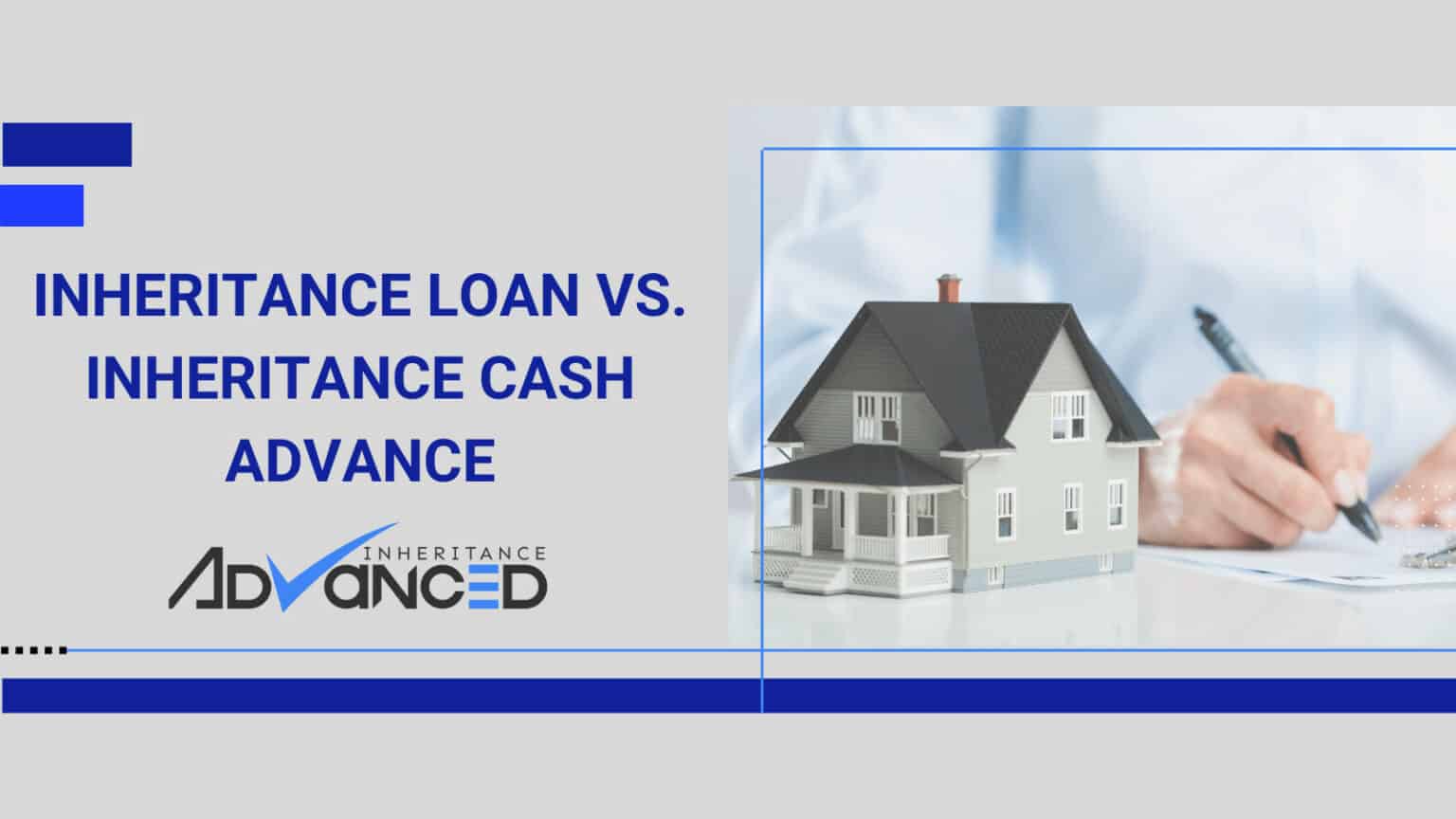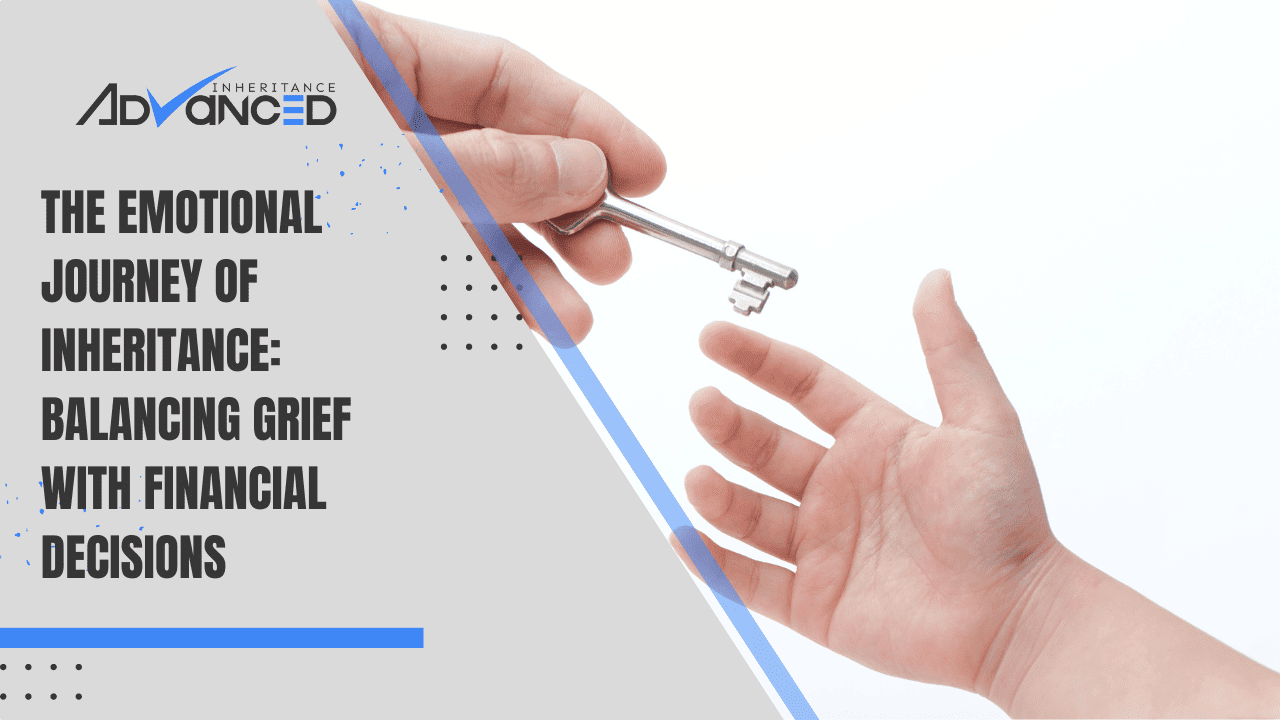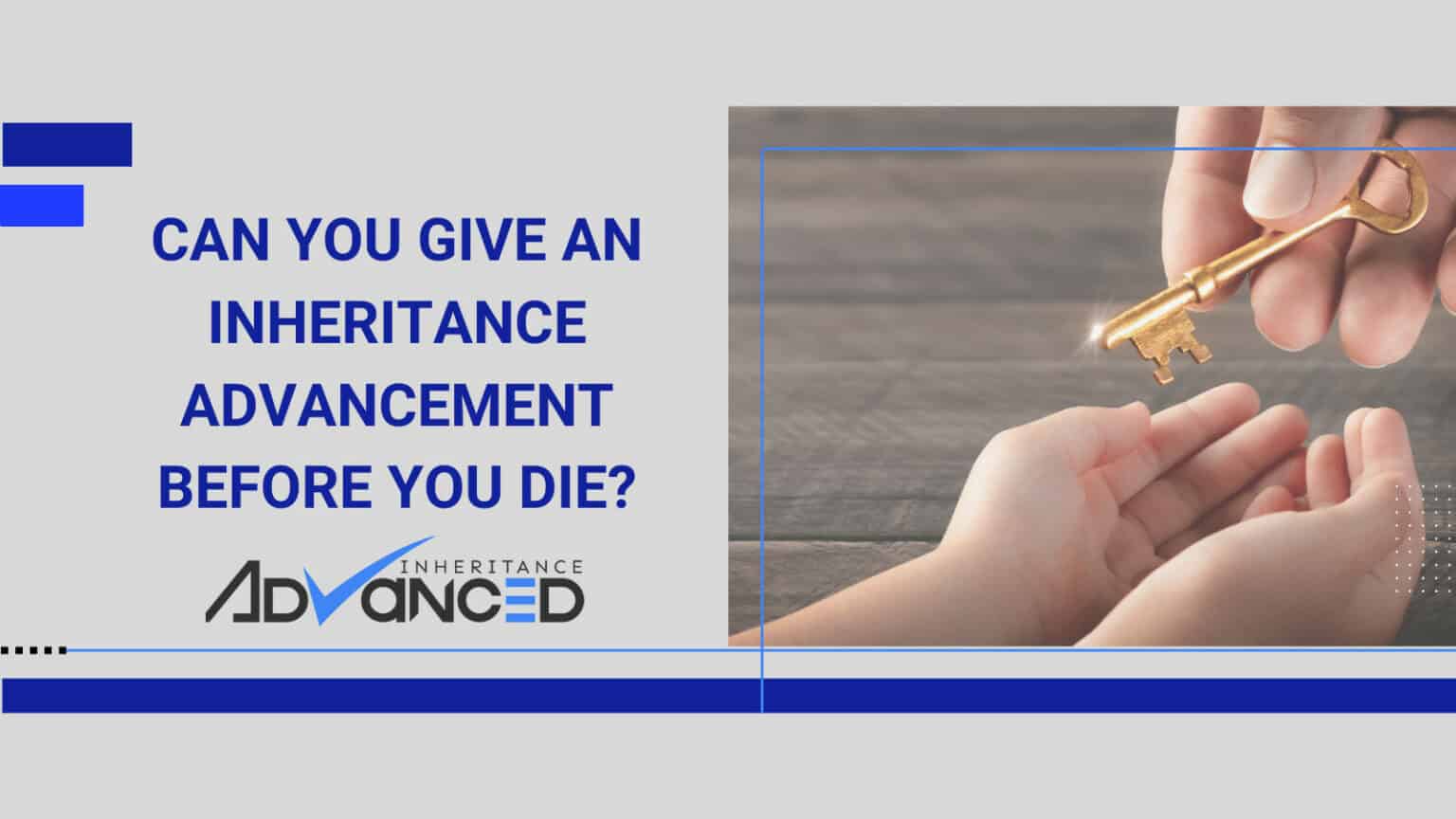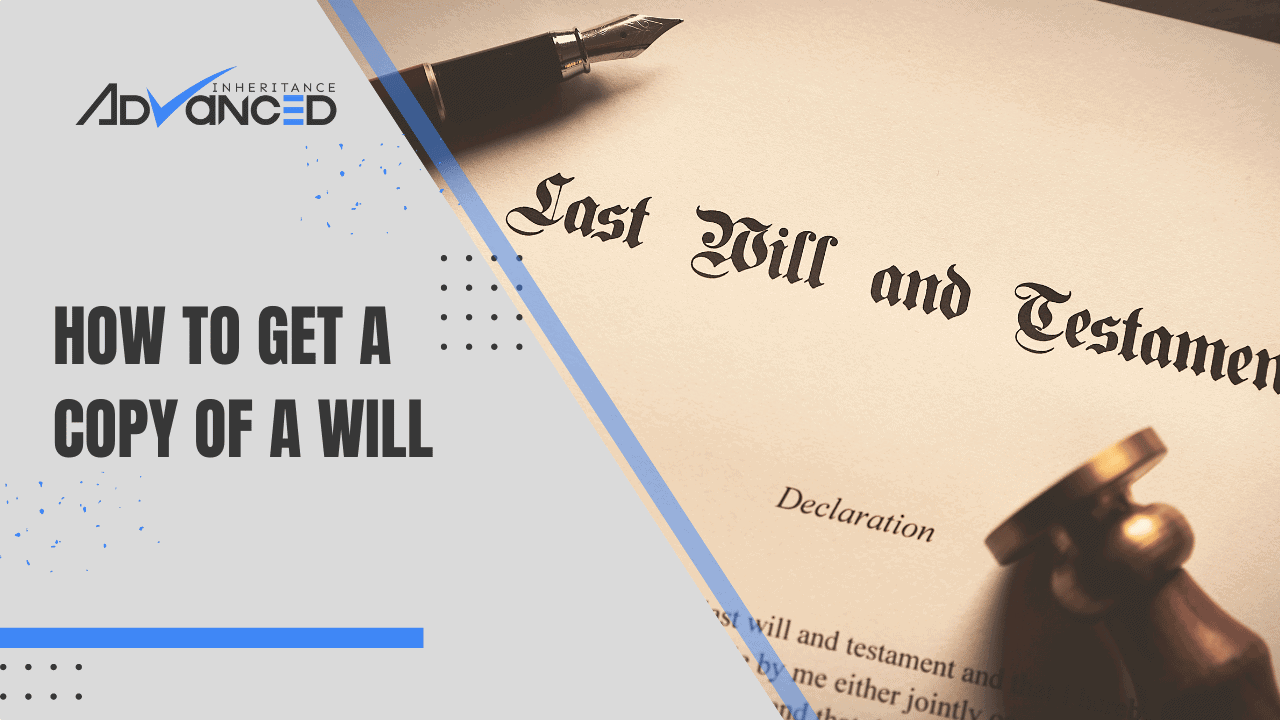When assigning an executor to your will, you need to understand what role they play. For example, many people assume that an executor can withdraw money from an estate account. The truth is that they mostly cannot.
The simple reason is that they are the management of the estate bank account. It is not theirs; the cash belongs to the estate. Their job is to distribute and document each transaction following the directives. Sadly, we all have heard the horror stories of money stolen from family members and other beneficiaries. So let’s explore what the Executor is and the process of distribution of benefits.
What Is An Executor Of A Will?
An executor of your will can be a person or an institution. The person must be in a position to fulfill their duties by state law. Some states have restrictions on who can be an executor, such as a minor or a felon. Those who choose an institution are often selecting a trust company or bank.
The role of the Executor is responsible for paying off all debts and then distributing the remaining estate account. This must follow the directives in place for when you are gone. Without an executor in place when you pass on, the state will take over the estate and make decisions on your behalf. This can result in changes to the account that may not meet your desires. Therefore, please do not leave it up to the state; always include an executor on your will.
What Is An Estate Account?
An estate account includes all property, bank accounts, debts, and cash owed (i.e., paychecks). The Executor will have to open a bank account as an estate bank account, not in their name, to manage all monies belonging to the deceased. This is where funeral expenses and debts are paid from. Sales of any existing property will also go into this account and any outstanding cash owed go here. If a large debt is owed, the Executor can petition the courts to liquidate or promote the property. Any proceeds will go into the estate account.
Once all debts have been paid, and cash has been deposited, the money is distributed to the beneficiaries. This is where an estate bank account becomes especially important. An estate account keeps from combining cash accounts of the Executor. Spouses and children will commonly use their bank account rather than create an estate account. Doing this makes it easier for money to be distributed incorrectly. When you are working through estate planning, talk with your potential Executor about your desire to open an estate account.
The Process Of Probate
Probate is a legal process all estates must go through when a person passes away. The Executor must follow the process closely to ensure that estate assets go to the beneficiary following the will. These steps include:
- File the petition – submitting will and death certificate after death. Check with your state laws to find out how long the Executor has to do so.
- Issue the bond – the Executor needs to get a probate bond that protects them from claims of fraudulent behavior. If they make a mistake that costs the estate or an heir money, the bond covers those costs. Be advised; not all states require bonds.
- Notice to creditors – letters must be sent to all creditors announcing the passing of the individual. In addition, the estate must pay off any outstanding debts. Some states require a notice to be also published in the newspaper.
- Take inventory – The Executor must investigate all bank and financial accounts and debts. They must also check on any outstanding paychecks or cash owed to the deceased person. Final income tax returns must also be filed.
- Pay estate taxes – Any taxes owed must be paid before the distribution of assets. This means that some assets may be sold off to pay the taxes and creditors.
- Distribution of assets – any assets left are distributed based on the final wishes of the deceased person.
- Close the estate – once everything is completed, the Executor submits the receipts and documents to the courts. Once the court finds that everything has been completed properly, they will close the estate.
Protection For Beneficiaries
The court’s involvement in closing the estate gives a level of protection to beneficiaries that an Executor will not withdraw money from the estate account. This final step is where they review all documentation, including the will, to ensure everything has taken place appropriately. There are also steps an individual can take if they suspect the Executor is withdrawing money from bank accounts inappropriately. Hiring a lawyer that requests documentation is the first step. If the documentation is incomplete, the courts are involved. If the courts determine the Executor is appropriating funds, a new Executor is appointed. Finally, if the fraudulent Executor has a bond, you can file a claim for repayment.
Select Your Executor With Care
It is always wise to think carefully about who your Executor will be. We all like to think highly of those close to us, but death and estate funds can cause people to do strange things. When in doubt, seek out legal advice on your next step to protect estate property and assets. Don’t forget; a financial institution is always a great bet.

